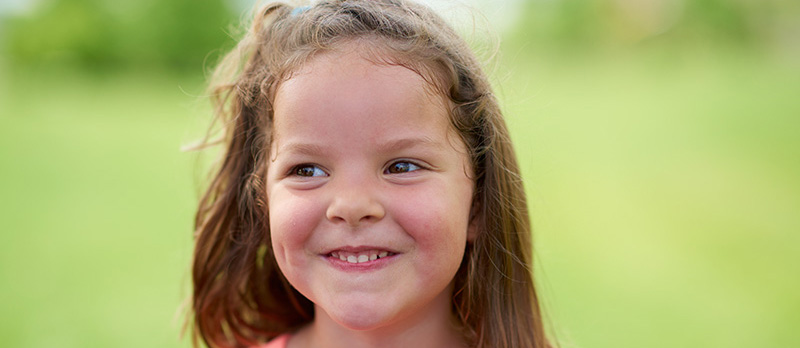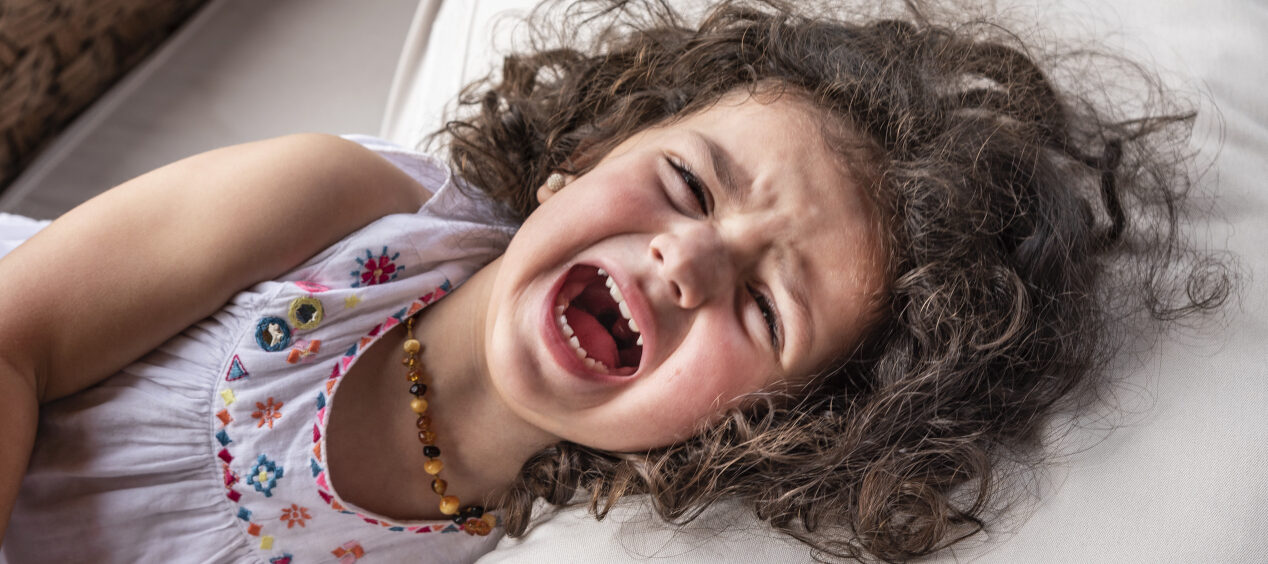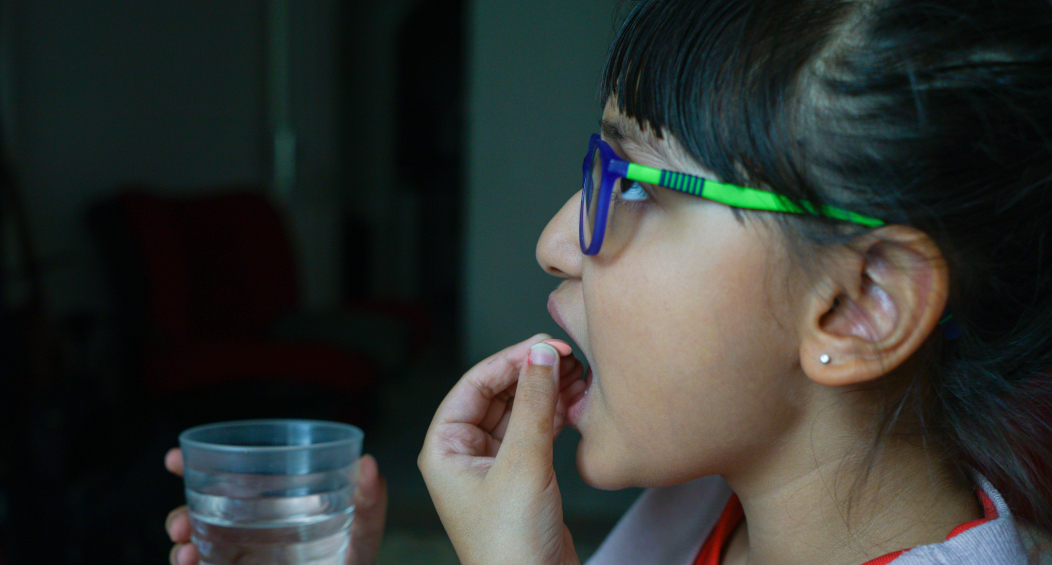It’s a common (and sometimes hilarious) scenario: a preschooler walks into the room with chocolate all over her face and claims that she didn’t eat a cookie. While it can be funny and at the same time disconcerting to hear lying at this age, it’s actually a normal, developmental milestone.
Why Younger Kids Lie
Lying itself is an advanced skill. It requires higher cognition, social and language skills. Before they can tell a big whopper, they have to understand someone else’s perspective and guess what they think and know. It’s a developmental milestone that can happen as early as age three. They’re playing around with language and testing the people in their lives.
From what I’ve seen, most preschoolers and younger kids lie to get out of trouble or for personal gain. They don’t have the cognitive awareness to understand why lying is bad, like older kids and adults. They still have to learn this and we can certainly help them get there.
Which Kids Lie The Most
Some kids are more skilled at lying than others. This does not mean that they will grow up to be pathological liars; they are simply learning what they can and cannot get away with. Typically, the kids who are creative and have better language skills are the best at it. I’m talking about the outgoing kids with good social skills. They are the ones who are willing to stand their ground if they get called on it.
So what can parents do when they catch their kids in a lie? As a child psychologist, I often recommend the following steps with my patient families:
What To Do When Kids Lie
1. Try to not set them up in the first place
First of all, let’s try to not set kids up to lie in the first place. I recommend not asking a question if you already know the answer. Avoid asking, “Did you eat that chocolate cookie?” when there are crumbs all over his face. If you know that he broke a rule, call him out on it and give him his consequence. “I told you to not eat the cookies. That is not okay. You need to leave the kitchen and you can’t have anymore.”
2. Attempt to not reinforce the behavior
How we react to lying as parents is incredibly important, especially when the behavior first starts. We can unintentionally reinforce the behavior by laughing or making a bigger deal out of it by overreacting. I recommend calling them out on the undesired behavior, potentially giving a consequence, and moving on. If we calmly and consistently call them on it, they will eventually stop doing it.
3. Give them a chance to fix it
As kids get older, give them a chance to fix what they’ve said and done. Teach them the value of words. “If you tell me the truth right now and make it right, you won’t get in trouble. I’d rather you tell me the truth and together we deal with what happened.”
4. Determine their end game
Try to figure out why your child is lying in the first place. I had one kid who was a very creative storyteller. She’d get to school and tell these crazy stories and teachers would call home with questions. We had to step back and wonder, what’s her end game? She was highly creative and loved telling stories. We would say, “Look how creative you are – now is this a story in your head, or are you telling the truth?” I had to write her stories down on paper to give her an outlet.
Another child would embellish everything, including stats from his games. He would say that he scored 20 points in his game when he really only scored 5. Was he lying to look better or was he lying because he had his own version of reality? It seemed that he simply wasn’t good at remembering reality. I recommended that he keep a journal so that he could remember what actually happened in his life.
5. Teach Empathy
It’s hard for preschoolers to put themselves in someone else’s shoes, but if they can learn someone else’s perspective, they’ll learn empathy. And empathy is key to understanding why lying is bad. Say things like, “Look how upset your friend is after you lied to her. She’s crossing her arms and backing away from you. She’s very sad.”
6. Set a good example
Sometimes we as parents unintentionally give our kids permission to lie. Usually they’re little white lies, like “Tell them that we can’t come to the party because we’ll be out of town,” even though you won’t be. Teach them to come up with a good, acceptable reason that you can’t go to the party, so that they learn how to tell the truth.
When to call the doctor
Usually lying is a typical milestone that parents can manage at home by following some of the above steps. That said, lying can be an issue if it is within the context of other conditions, such as oppositional defiance, aggressive behaviors, or a conduct disorder. If the lying isn’t getting better and is paired with other negative behaviors, talk to your pediatrician about it. He or she may recommend a referral to a child psychologist.
To learn more about our Division of Behavioral Medicine and Clinical Psychology, please call 513-636-4336 or visit our web site.





